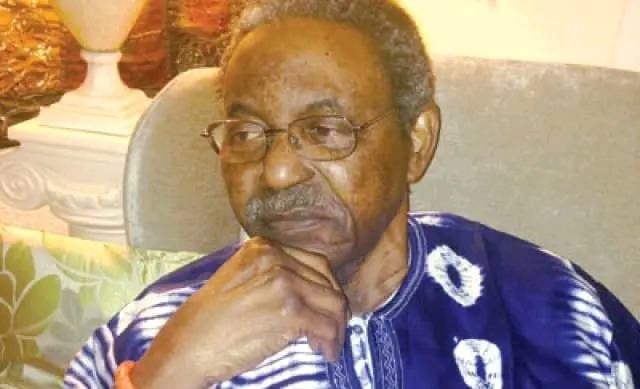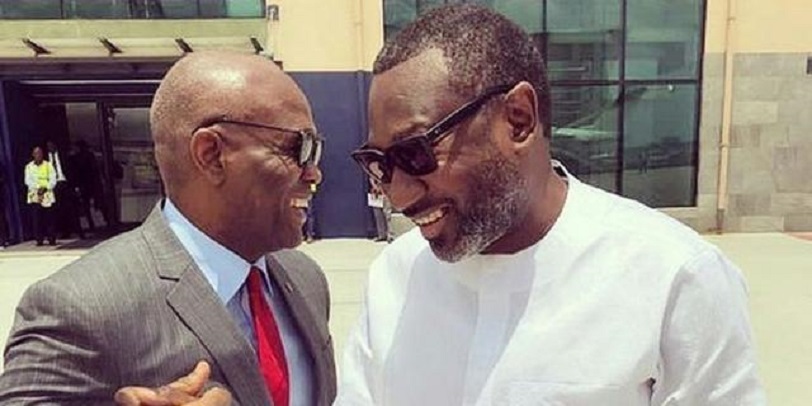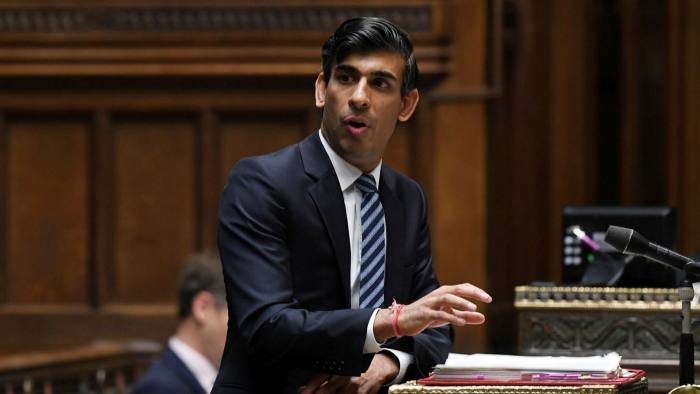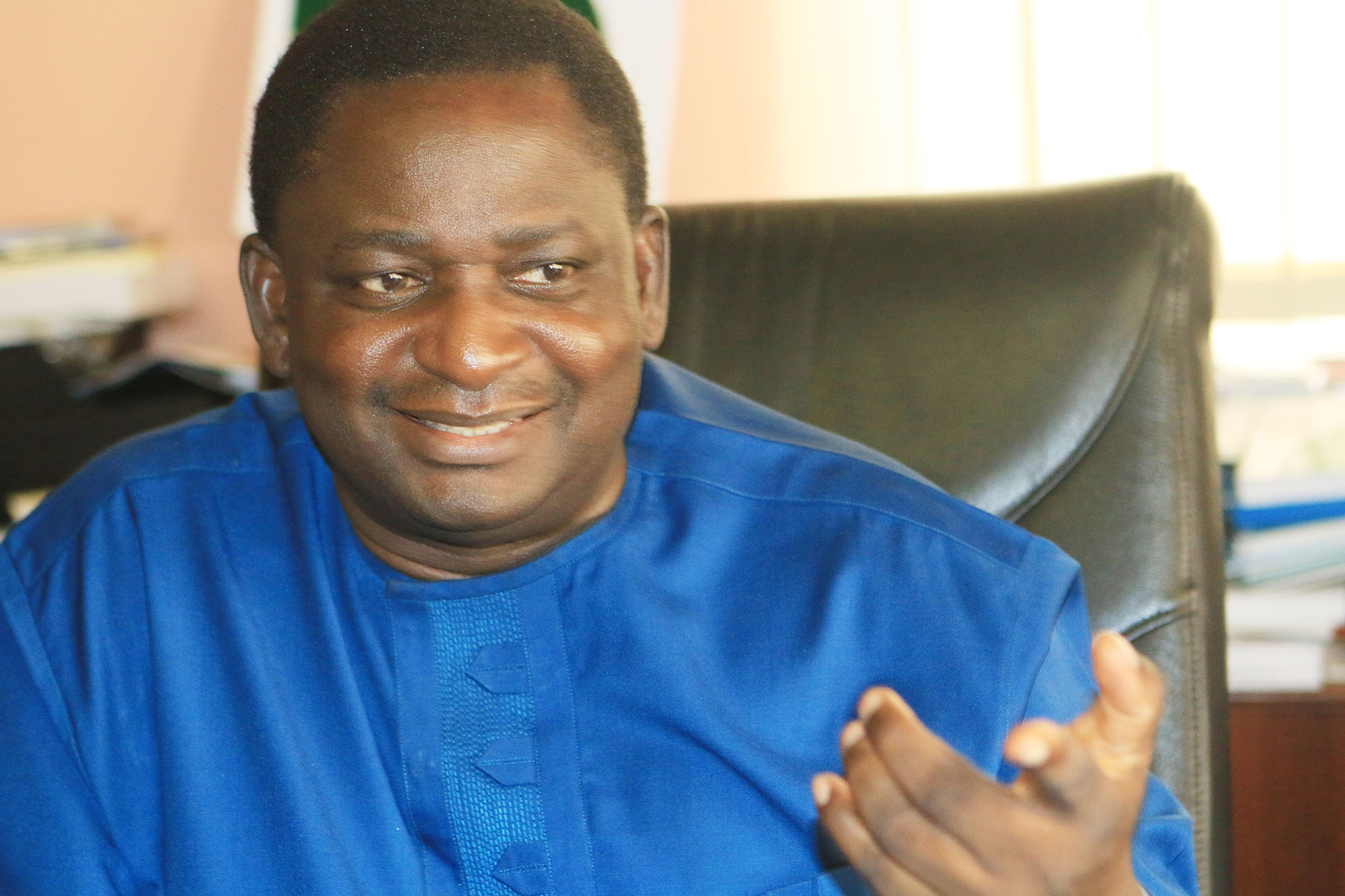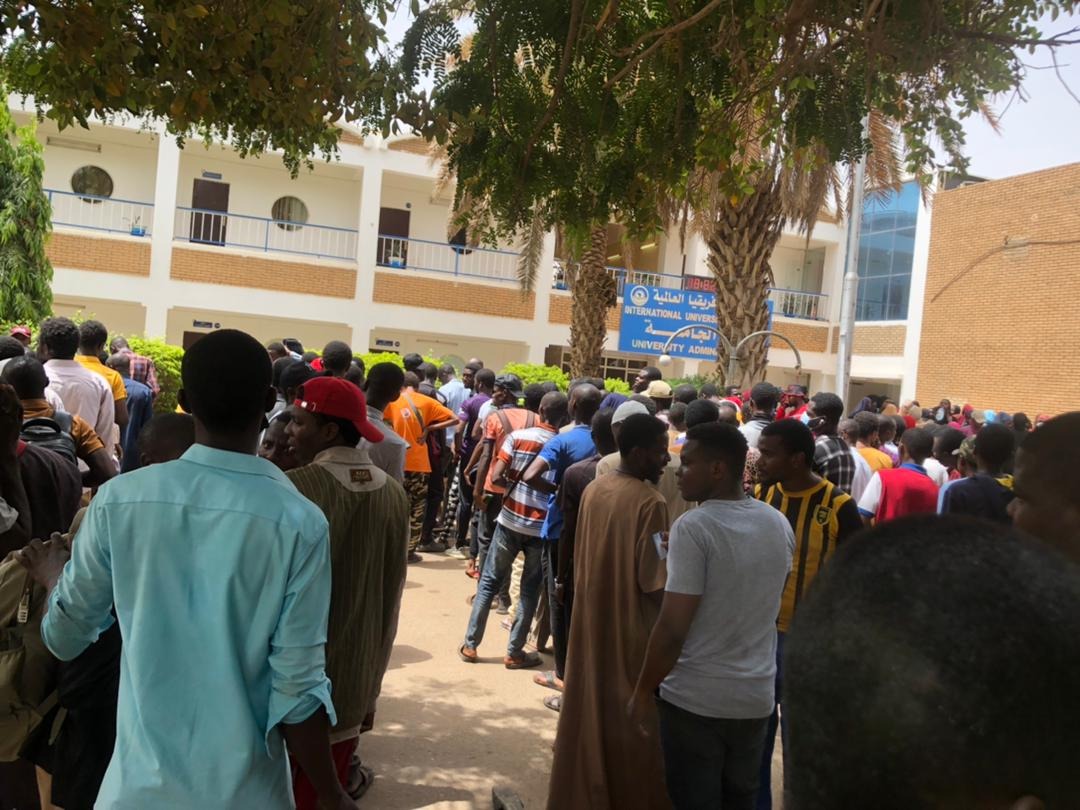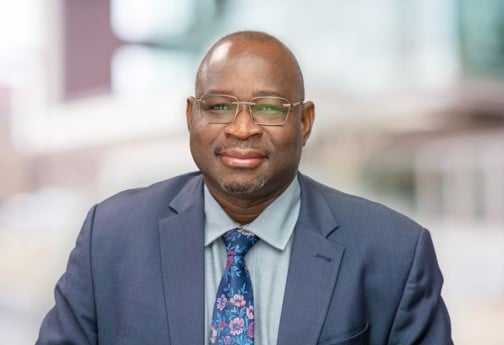Peter ‘Pan’ Enahoro, legendary columnist and international columnist, recently died at 88. TheCable reproduces one of his classic write-ups which was published in his book, ‘How to be a Nigerian’, in 1966.
Europeans talk about the weather; Nigerians talk about tribe.
The Nigerian society is strictly organized into a variety of tribes. So consuming is the devotion to tribe that if St. Peter were a Nigerian, four-fifths of us would be wasting our time in church and Heaven would soon spill out The Gatekeeper’s tribal group of Nigerians.
Tribes transcend individuality.
Advertisement
You would hear one Nigerian describing another Nigerian to a third Nigerian. If the third Nigerian is at sea and does not know to whom his informant is referring, the first Nigerian would then bring him ashore with: “I am talking about that Yoruba man.”
There are 13,000,000 Yorubas and what this amounts to is like trying to identify a pebble in a sand-bank.
But the reference to his tribe already points to the kind of man he is certain to be. The gentleman in question may never be known by name throughout the conversation, but the fact that he is Yoruba, or Ibo, or Efik is sufficient to identify him.
Advertisement
Not only is his social, political and economic outlook determined immediately, even his possible reaction to a given situation, his secret thoughts, are reasonably suspected on the understanding that members of the same tribe are all alike.
No one knows how effective this system of mental “identikit” is for long-range screening better than employers, hospitals and the churches who ask you to give your tribe on your church subscription card. Doctors cannot cure you of fresh colds unless they know to what tribe you belong. Until this day when filling your application forms, you are dared to state your tribe, but never your nationality.
This does not mean that a European necessarily will get a job faster than a Nigerian. But it means that a Togolese or the Afro-American who can lose his accent, has a rosier opportunity provided he is not squeamish about his tribal origin back home.
All members of a tribe are brothers.
Advertisement
This feeling of close affinity in the tribe is more than fraternity sentiment. lt fills the place of employment agency.
If you say to your cook, “I want a reliable steward,” he will promise to bring you his brother who has just arrived from their home town and is temporarily sharing a bed with another brother in the farthest corner of town.
That evening, your cook will slip out and dispatch a telegram.
Two days later, he will introduce his brother to you, but it will be many months before you are allowed into the knowledge that his “brother” is, as the expression goes, merely “my town’s man.”
Advertisement
“I sent for him from home,” your cook will say unabashed and with a glint of satisfaction in his eyes. If you ask him why he told you they were brothers, he will insist that they are brothers.
Tribal groups organize private cooperative societies which impose tolls on members and build schools, and maternity hospitals, churches and stand brothers” abroad to study degree courses.
Advertisement
Appropriately, tribal unions are named to show their particular programmes. Thus you have “Ishakole Improvement Union.” This means that the Ishakole area has been developed but requires improvement. “Nosaya Development Association. This is a charge of negligence on the part of Government which can then be seen as having failed to develop the Nosaya area. “The lzobo Progressive Union,” reveals that the lzobos are developed, do not seek improvement but progress.
Sometimes a tribe is united in rebellion against the authorities and you have an intimidating title as: “Ikara United Taxpayers Association.”
Advertisement
These unions are feared by politicians and it became the custom in the First Republic to court their support by reciting the vote-catching slogan, “our unity is in our diversity.”
This was repeated for the umpteenth time but it never failed to draw cheers. In fact, if a politician said nothing more for the duration of his electioneering, he was still praised for his sharp intellect, remarkable foresight and patriotism.
Advertisement
At all times the Nigerian blames his tribe for his bad fortune, his poor education, lack of promotion, car accident, penury, sickness and failure to raise an overdraft from a British bank.
Never agree with him. Or disagree.
If you agree with him, you are fanning the embers of tribalism by suggesting that something is wrong with his tribe. If you disagree with him, you are not facing up to facts and Nigerian unity can never be achieved by running away from the sceptre of tribalism.
